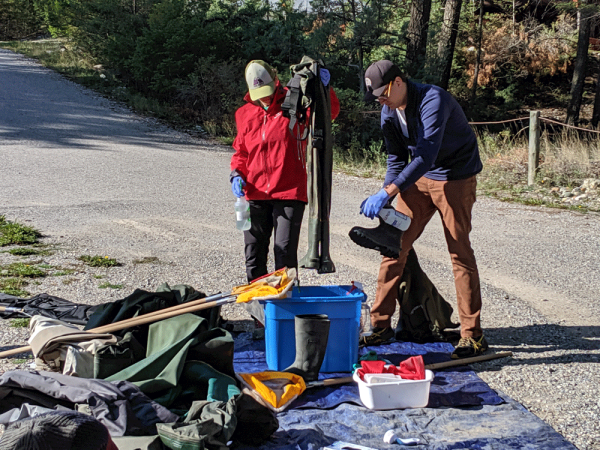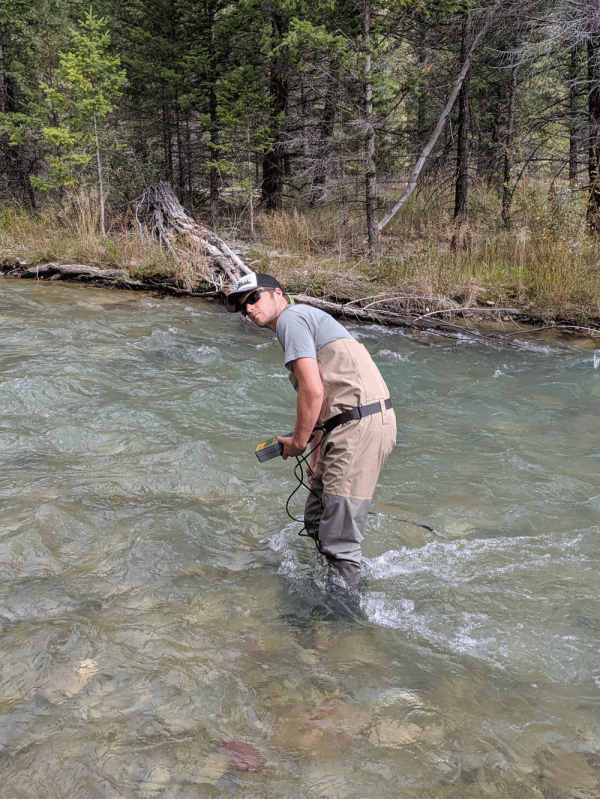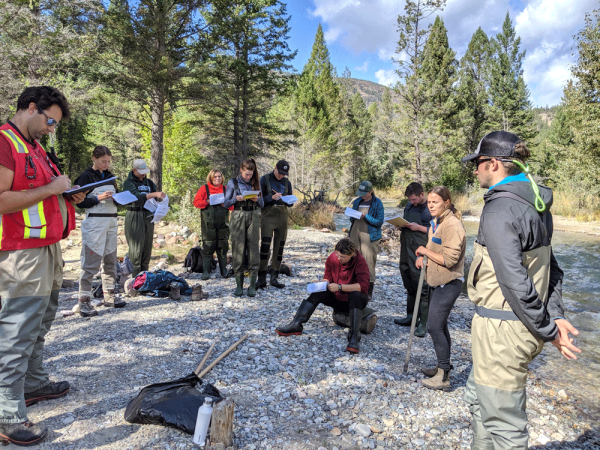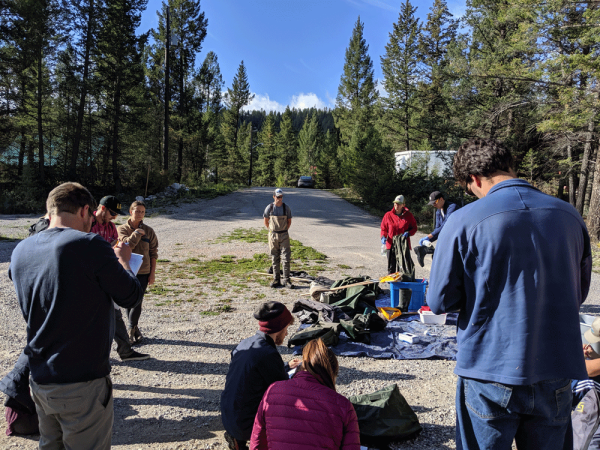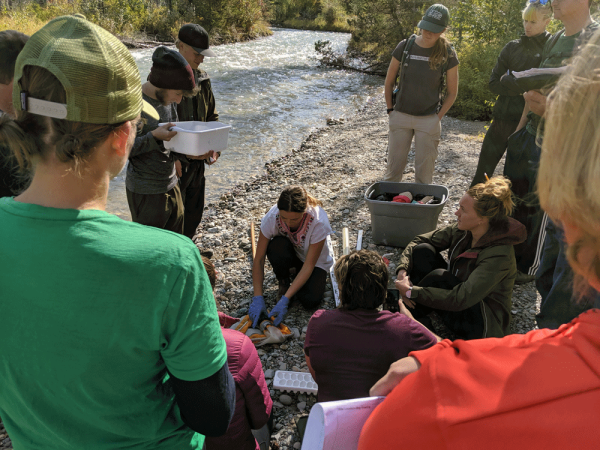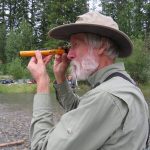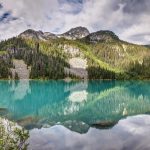CABIN training with the Adventure Scientists in the Columbia Valley
Living Lakes Canada is excited to be partnering with the Adventure Scientists in the Columbia Valley, BC area from September 24 to 27.
The initiative is a two-day CABIN training course adapted to include eDNA analysis for the STREAM project, followed by two days of data collection from remote lakes and streams.
“It was identified by Martin Carver in his 2017 water monitoring report that high alpine lakes in the Columbia Basin are missing a lot of data,” said Living Lakes Canada program manager Raegan Mallinson, who will be leading the training. “We want to focus on high alpine lakes and tributaries in our data collection for STREAM.”
STREAM is a three-year community-based project with the aim of collecting 1,500 bulk DNA samples from rivers across Canada to assess and monitor river health.
By training Adventure Scientists volunteers on the national protocol for data collection, Living Lakes Canada hopes these trained volunteers will contribute to the STREAM project by collecting samples from remote tributaries that otherwise would not be included in the analysis.
Adventure Scientists is a U.S.-based non-profit organization that equips partners with data collected from the outdoors that are crucial to addressing environmental and human health challenges.
By recruiting, training and managing individuals with strong outdoor skills — such as mountaineering, diving or whitewater kayaking — they provide their partners with reliable and otherwise unobtainable data.
Up to 20 volunteers — from both Canada and the U.S. — will be participating in the Living Lakes Canada CABIN training and are committed to collecting samples of water-dwelling invertebrates according to the project protocol at 2-3 locations between Brisco and Canal Flats during the data collection days of the course.
“Moving forward, we’re hoping these volunteers can collect samples for STREAM in watersheds where we have already established relationships and where community-based water monitoring groups want extra support,” Raegan said.
So far this year, Living Lakes Canada has conducted courses and data collection in 5 priority watersheds for Year 1, including the Columbia Basin, the Skeena and the Peace/Athabasca in British Columbia, the Bow Valley in Alberta and Sudbury in Ontario.
To learn more, visit: https://livinglakescanada.ca/projects/cabin-edna/
COURSE RESULTS:
- 14 volunteers & 2 Adventure Scientists staff were trained
- 36 samples collected from 12 sites (tributaries to the Columbia River)
- 2 days of training
- 1 day of monitoring


